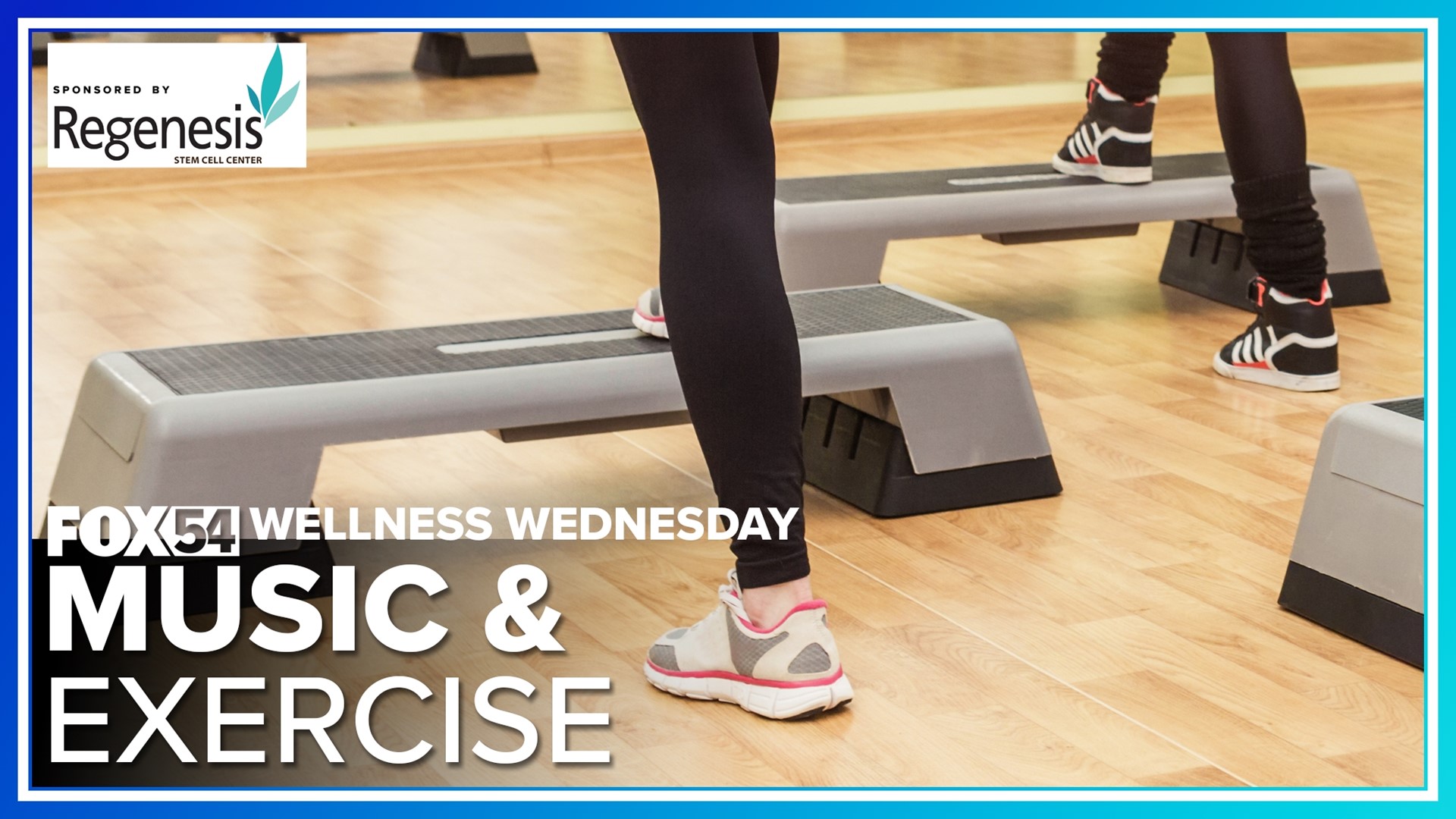MADISON, Ala. — Have you ever been on a run and suddenly your favorite song started playing? Chances are, that song probably gave you an extra boost to finish that mile or run up that hill. This Wellness Wednesday, we hear from one UAB Associate Professor who breaks down the science behind it all.
UAB Associate Professor Christopher Ballmann believes when it comes to music, the truth is music has the ability to actually manipulate a lot of our physiology. "Everything from heart rate to brain activation. It allows people to either become more motivated to exercise, give more effort, or oftentimes what we see is it actually helps them to disassociate and not focus on the discomfort of exercise."
Orange Theory Fitness Coach Erin Hopkins completely agrees and shares how music is used as motivation for her fitness class sessions. "It can also transport you if you're, like, drifting, especially if you're on a on a long, a longer effort on the treadmill or on the rower. And you're focusing, you're just starting to drift and focus on how hard that is, and something comes up that you're like, this takes me back to high school. [Or] does anybody remember college? You know."
Hopkins also believes what really drives the energy is the beat of the music and the movement or rhythm an individual is working in. "So if you're listening to something a little slower but you're trying to run fast, that's kind of a disconnect in your mind. So we want to create that energy chasing those efforts that we're looking for."
Most importantly, when it comes to the true impact of music on any exercise routine, Dr. Ballmaan said it's all about one thing. "You know, whenever we look at both exercise training and also trying to get people to use music to help them, we always have to understand the goal for the individual. And so for older individuals, we're probably not trying to get them to increase their max back squat or their max bench press, right? So in kind of in those cases, the the actual stimulation itself may not be as important as simply picking something that is going to maybe distract you a little bit more. So for just like leisure activity going on walks or just trying to find something that makes exercise more enjoyable. I would say that people just need to kind of pick what they feel. You know, kind of helps them the most."

